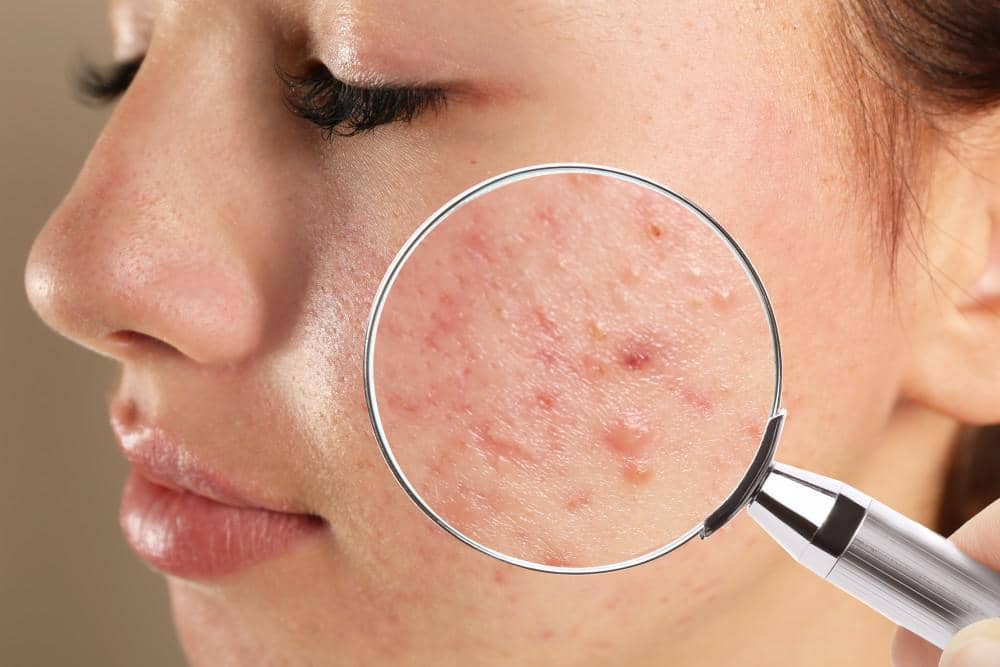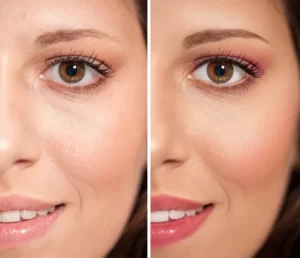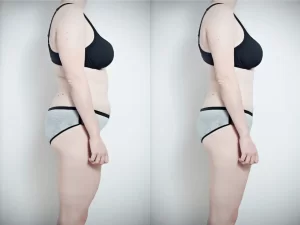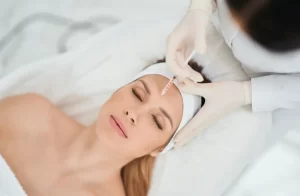Many people think of acne as a “teen problem,” but plenty of adults have it, too. Here’s what you can do about adult acne, so you can enjoy clearer skin and better self-confidence.
Acne is often thought of as a disease affecting teens and young adults, probably because about 85% of people from 12-24 experience its effects. But a surprising number of adults also have acne, and for many, it can seem like they’ll never enjoy a clear and healthy complexion.
Fortunately, there are effective treatment options for adult acne. But as with acne that develops in your teens, you need to play a proactive role and keep up with your treatment plan to reap the benefits.
Michael Paltiel, MD, and Zina Goldvekht, PA-C, of Adult and Pediatric Dermatology of Forest Hills, use a custom-tailored, patient-centered approach to acne treatment for people in the Forest Hills neighborhood of Queens, New York. We individualize care to suit each person’s unique needs. Here’s what our team wants you to know about adult acne and its treatment.
How acne happens
Hair follicles contain tiny oil glands that keep your skin lubricated and healthy. Acne happens when dead skin and other debris plug the follicle opening, trapping the oil inside the follicle. Bacteria that naturally occur on your skin also get trapped.
Feeding on the oil and debris, these bacteria quickly multiply, causing infection. Your body responds by sending out special cells to fight off the bacteria. Pus forms, showing up as pustules and papules (pimples).
Acne is most common during the teen years because that is when your oil glands are most active. Hormonal changes can also contribute to your body’s oil production and inflammatory response, increasing breakouts and acne symptoms.
Adult acne
You might assume that once your hormones level off during adulthood, your acne will resolve. While that happens for some people, as many as 25% of women and 12% of men still experience breakouts all the way into their 40s.
Partly, that’s because hormones and oil gland activity are just two of several risk factors for acne. Researchers also know that your genes can predispose you to the condition. Some medications, foods, stress, and skin care products can make breakouts worse, too.
What’s more, treatments that worked during your teen years may no longer be effective at managing your acne when you’re an adult. The good news: Dr. Michael Paltiel of Adult and Pediatric Dermatology and his team offer an array of treatments to help adult patients find a regimen that’s effective for their needs.
Acne treatments that work
No matter when acne occurs — during the teen years or in adulthood — one thing is the same: You need a comprehensive treatment plan featuring multiple therapies to achieve the best results.
Our team offers an array of options, including:
- Topical antibiotics
- Oral antibiotics
- Topical products to clear pores
- Vitamin A products, including retin-A gel and Accutane®
- Light therapy
- Laser treatment
- Acne facials
- Hormone treatments
A comprehensive array of therapies allows us to adjust your treatment as your symptoms and skin needs change over time.
Bottom line: Some people outgrow acne, while others continue to have breakouts well into their adult years. But working with your dermatologist to develop a custom treatment plan that evolves with your needs can help keep breakouts under control, so you can have healthier skin and a boost in confidence, too.
Enjoy a clearer complexion
The new year is a great time to make a new commitment to healthier skin and a clearer complexion. To learn how we can help you manage your acne symptoms at every age, call 315-860-1185 or book an appointment online with the team at Adult and Pediatric Dermatology of Forest Hills today.







